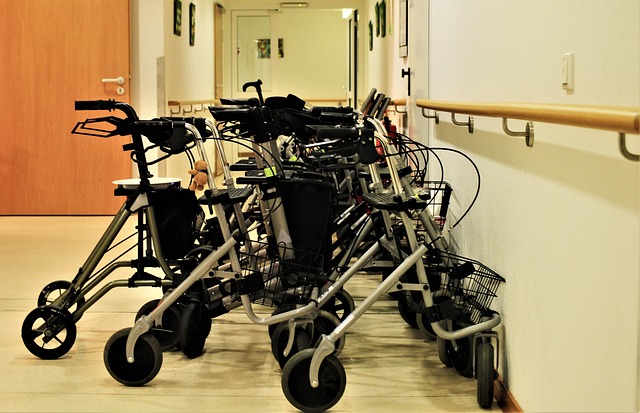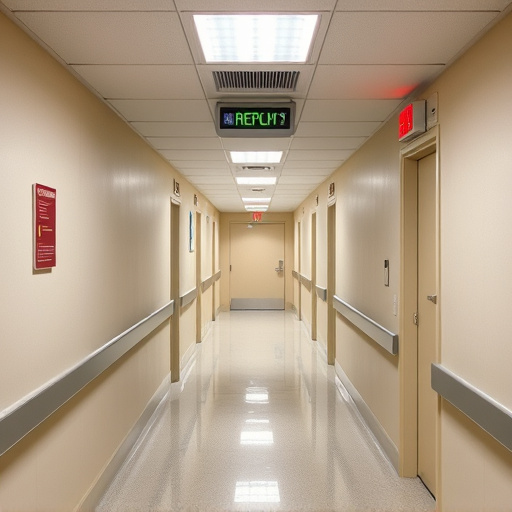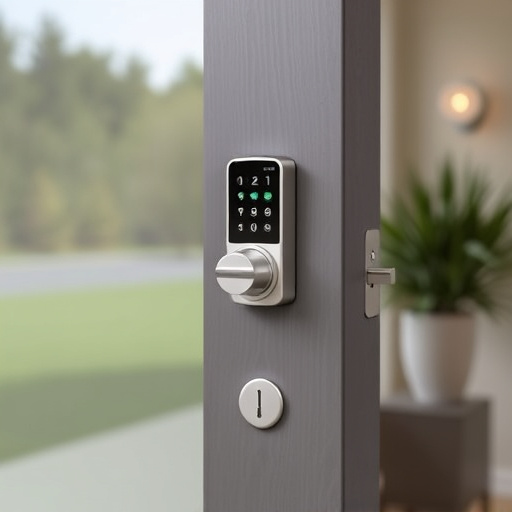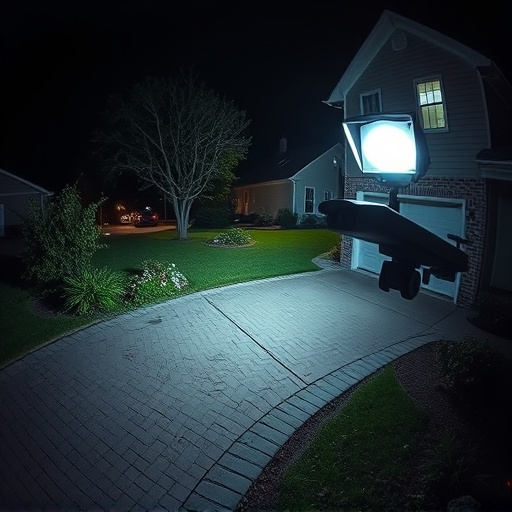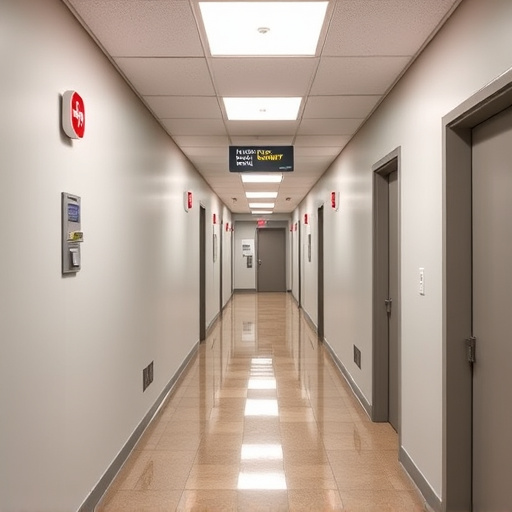Professional security monitoring offers 24/7 protection, rapid response to threats, and enhanced safety for homes, but it comes with costs, internet dependency, and privacy concerns. Evaluating this service requires weighing the benefits against potential drawbacks, considering individual security needs, budget constraints, and preference for self-monitoring versus professional intervention. A comprehensive assessment includes comparing technology quality, reliability, customer support, installation ease, cost, contract terms, customization options, and user experiences to find the best fit.
In today’s digital era, ensuring home security has become a top priority for many. Professional security monitoring offers peace of mind by providing 24/7 surveillance and rapid response to potential threats. This article explores the intricate world of home monitoring services, delving into their pros and cons, weighing benefits like remote access and advanced alerts against drawbacks such as cost and privacy concerns. We’ll guide you through evaluating security service providers, helping you navigate this landscape to make an informed decision.
- Understanding Professional Security Monitoring and Its Role
- Weighing the Pros and Cons of Home Monitoring Services
- Key Benefits and Drawbacks of Implementing Monitoring Systems
- Assessment Strategies for Choosing the Right Security Service
Understanding Professional Security Monitoring and Its Role

Professional security monitoring involves the use of a centralized system to watch over your home, often with 24/7 staffing. This service assesses alerts from various sensors installed in your property, such as motion detectors and glass-break sensors, to provide immediate response to potential threats. It offers real-time peace of mind by enabling quick dispatch of emergency services when activated.
Evaluating a monitoring service involves weighing its benefits against potential drawbacks. The pros include enhanced safety and security, 24/7 protection, and rapid response to intrusions or emergencies. However, the cons may include high installation and monthly fees, dependence on reliable internet connections, and privacy concerns regarding data storage and surveillance practices. A thorough assessment should consider your specific security needs, budget constraints, and preference for self-monitoring versus professional intervention.
Weighing the Pros and Cons of Home Monitoring Services

When evaluating the value of professional security monitoring for your home, it’s crucial to consider both the benefits and drawbacks. On one hand, home monitoring pros include enhanced peace of mind, knowing that your property is being watched 24/7 by trained professionals who can respond swiftly to potential threats. It also offers advanced prevention against burglaries and other crimes, often at a lower risk of false alarms than traditional security systems.
Yet, drawbacks of monitoring services exist, such as the recurring costs associated with professional security monitoring, which can be seen as an unnecessary expense for some homeowners. There’s also a potential for service outages or false alerts that could lead to inconvenience and frustration. Moreover, not all monitoring services offer the same level of customization or tailored solutions, so it’s essential to assess your specific needs during a monitoring service assessment before committing to a plan.
Key Benefits and Drawbacks of Implementing Monitoring Systems
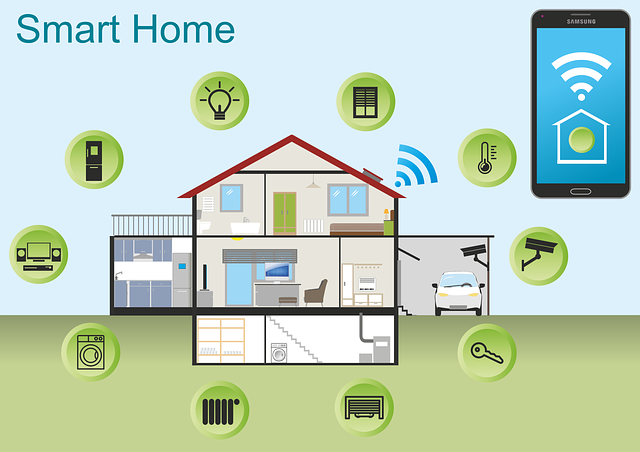
Implementing professional security monitoring offers a multitude of benefits for homeowners. The key advantages include enhanced peace of mind, as real-time alerts and remote access via smart devices allow property owners to monitor their homes from anywhere at any time. Advanced monitoring systems also act as strong deterrents against potential intruders, often reducing the likelihood of burglary attempts. Additionally, these services provide quick response times during emergencies, with trained professionals promptly dispatching help when activated by homeowners or detected sensors.
Despite these advantages, there are also drawbacks to consider in a security service evaluation. Initial installation and setup costs can be significant, and some monitoring systems may have recurring monthly fees that add up over time. Privacy concerns are another factor, as continuous surveillance raises questions about the collection and storage of personal data. Moreover, false alarms can occur, leading to unnecessary stress for homeowners and potentially damaging relationships with local law enforcement if not managed properly. An assessment of these home monitoring pros and cons is crucial before committing to a security service.
Assessment Strategies for Choosing the Right Security Service

When evaluating professional security monitoring for your home, it’s crucial to employ a comprehensive strategy that considers both the benefits and drawbacks of various services. Start by identifying your specific needs—do you require 24/7 monitoring, or will basic nighttime coverage suffice? Next, assess the range of services offered, from motion sensors and glass break detectors to advanced AI-powered cameras and emergency response systems. Compare providers based on technology quality, reliability, and customer support.
Review user experiences and independent ratings to gauge satisfaction levels and identify potential red flags. Consider factors like installation ease, monthly costs, and contract terms. Additionally, evaluate the level of customization available, ensuring the chosen service aligns with your home’s unique layout and security requirements. By thoroughly assessing these aspects, you’ll be better equipped to select a professional security monitoring service that offers optimal protection tailored to your needs.
